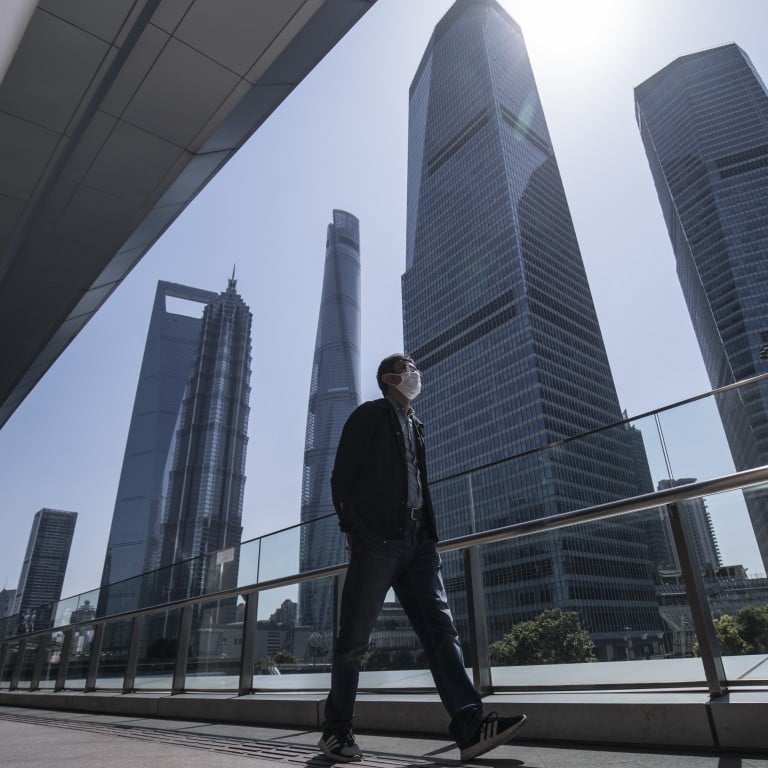
Bouncing back from coronavirus: Asia’s battle-hardened businesspeople are better prepared than they think
- We have had plenty of opportunities to learn from crises across Asia over the past 25 years, and though Covid-19 is different from previous disasters, we will recover from it
You’re not really an “experienced” businessperson until you have led your organisation through a crisis. You don’t even have to come out the other side alive to have learned so much more, as they say, than they teach you at Harvard Business School. Fortunately – or unfortunately – businesspeople around Asia have had plenty of opportunities to become experienced in the past 25 years.
The Asian financial crisis of 1997-1998. The 2004 tsunami, which devastated parts of Indonesia and Thailand, among other places. Wall Street’s meltdown in 2008. Fukushima in 2011. Super-typhoon Haiyan in 2013. China’s market meltdown of 2015. I’m sure I’ve missed a couple. The oil price rout of 2015-2016 made plenty of oil and gas managers experienced in a hurry.
Some were natural, some “man-made”. Fukushima was both – earthquake, tsunami and nuclear accident – though largely confined to Japan. All had an economic impact that pushed financial systems to stressful extremes.
Health professionals and scientists will somehow carry us through the natural disaster, with more or less help from governments and international organisations. Eschewing politics, frontline doctors and scientists are collaborating openly across borders to solve a problem.
Online lenders offer concessions to help SMEs rebuild after coronavirus
Fortunately, thanks to earlier crises businesspeople around Asia have faced, they are better prepared than they may think. They already know how to optimise cash flow, work a problem, analyse different scenarios and innovate.
Most importantly, they have skin in the game. They are already fighting to stay alive to fight another day. That’s the key in a financial crisis – one day at a time, don’t go broke. It’s no fun, but as a friend likes to say, “that’s why they call it work”.

With uncertain information – nobody really knows what we’re facing today – businesspeople are making the best decisions they can. Some decisions will be good, some bad. They’ll take some losses, learn, collect new information, make new decisions. The cycle will repeat. They’ll figure out business things while the doctors and scientists figure out scientific things. Some won’t make it; most will.
Wuhan experience could help coronavirus battle in US and Europe
Globalisation, like it or not, and the ease and speed of communications today, means helpful innovations and ideas from one place will spread rapidly. Some of the most valuable will be free – how companies organise teams and processes to carry on day to day, to analyse their situations, think through alternatives, evaluate how choices made are working, and do it all again.
This thing called capitalism, oft maligned of late, is so much deeper-rooted and widespread than during the 1930s, and so many more people have personal stakes in it, that it will play the leading role in pulling us all through the Covid-19 crisis. Asia’s battle-scarred businesspeople, whether they feel like it or not, are well-prepared for the work ahead.
Robert Boxwell is director of the consultancy Opera Advisors
Sign up now and get a 10% discount (original price US$400) off the China AI Report 2020 by SCMP Research. Learn about the AI ambitions of Alibaba, Baidu & JD.com through our in-depth case studies, and explore new applications of AI across industries. The report also includes exclusive access to webinars to interact with C-level executives from leading China AI companies (via live Q&A sessions). Offer valid until 31 May 2020.

